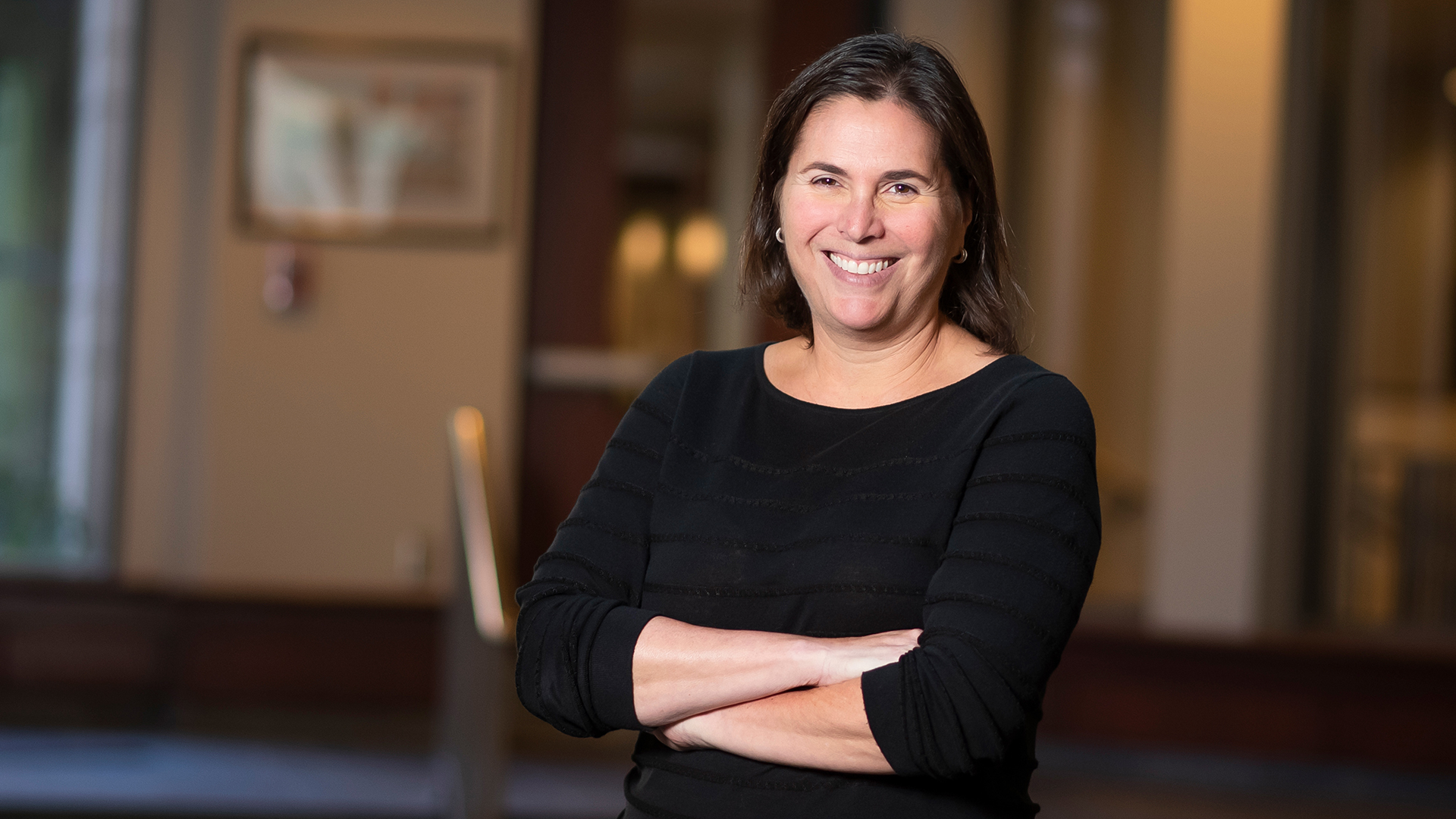On September 19, 2019, I had my best day ever as a lawyer.
Six years ago, I had a unique opportunity—to design and teach a new clinic at the University of Maryland Franis King Carey School of Law. I decided to focus my clinic around a group of people rather than a type of case. As a result, the Gender Violence Clinic represents clients in any case where gender and violence intersect: family law, protective orders, immigration, even replevin (we had to look it up too). But over the last six years, we’ve increasingly focused our efforts on working with criminalized survivors—people who have been convicted of crimes related to their own victimization—primarily in the context of commutation and parole. Gender Violence Clinic students represent women seeking parole and clemency on both the state and federal levels, traveling to prisons in Alabama, Florida, and Maryland to work with clients whose experiences of sex trafficking, rape, sexual assault, and intimate partner violence played integral roles in their crimes. We currently represent about 20 incarcerated women who fit the description #survivedandpunished—a hashtag created to describe high profile cases of criminalized survivors including Marissa Alexander, who was initially sentenced to 20 years incarceration for firing a warning shot into the ceiling of her own home to prevent her former husband, Rico Gray, from re-assaulting her, and Cyntoia Brown, who was originally sentenced to life in prison for killing a man who paid her to have sex as a 16 year old trafficking victim.
Many students come into the Gender Violence Clinic expecting to prosecute perpetrators of violence. Working with incarcerated survivors of violence changes their perceptions of victimization and perpetration, requiring them to challenge the stereotypes and assumptions that they bring to the clinic. Students are amazed that someone who has been labeled a murderer or a trafficker is in fact just a person, often with a long history of trauma and an impressive list of accomplishments since being incarcerated. As 3L Bianca Spinosa explains, “My client's positivity and inner strength move me. She teaches and mentors other incarcerated women in rehabilitative programs and has become a role model to them. She has shared her story, so that others may learn from her experiences, and encouraged others to share theirs. I am struck by my client's integrity and self-improvement, and I respect the woman she is.”
Lila Meadows, who participated in the Gender Violence Clinic in 2014-2015, has returned to the clinic as a clinical instructor, helping students to work on the same kinds of cases that she handled as a student attorney. “Returning to the Gender Violence Clinic in this moment has felt especially full circle. Watching the work that began five years ago when I was a student result in the freedom of several of our clients has been one of most deeply gratifying experiences of my life. It is truly a privilege to represent the women who continue to await their long overdue return to the community.”
So why was September 19 such a great day? Because one of our clients, a criminalized survivor sentenced to life with the possibility of parole in 1989, was released from the Maryland Correctional Institution for Women. Being there to greet her when she stepped out into the world for the first time in 31 years was the most overwhelming, moving, and proud moment of my twenty-five years as a lawyer. And she was not our first client released in September. Another of our clients serving a life with the possibility of parole term had been released ten days earlier, and a third client had been released three weeks before that. In the last six years, the clinic has had ten clients serving significant terms for serious crimes—all survivors of gender violence—released. Those clients are now working, reconnecting with their families, obtaining education, and contributing to their communities. There’s more work to be done, but this September felt like a very good start.

